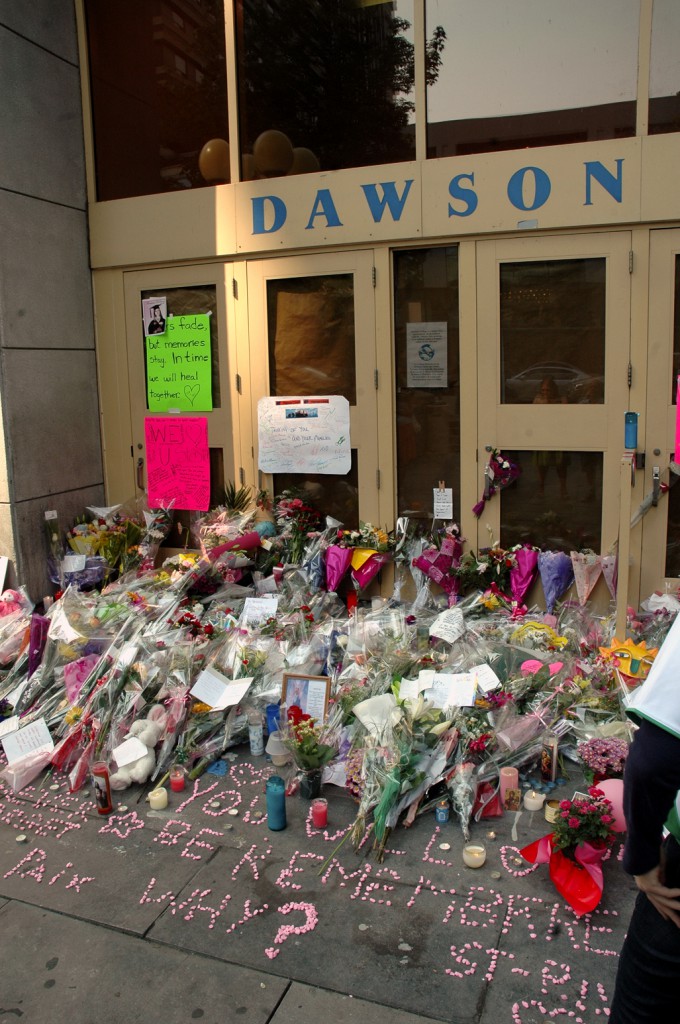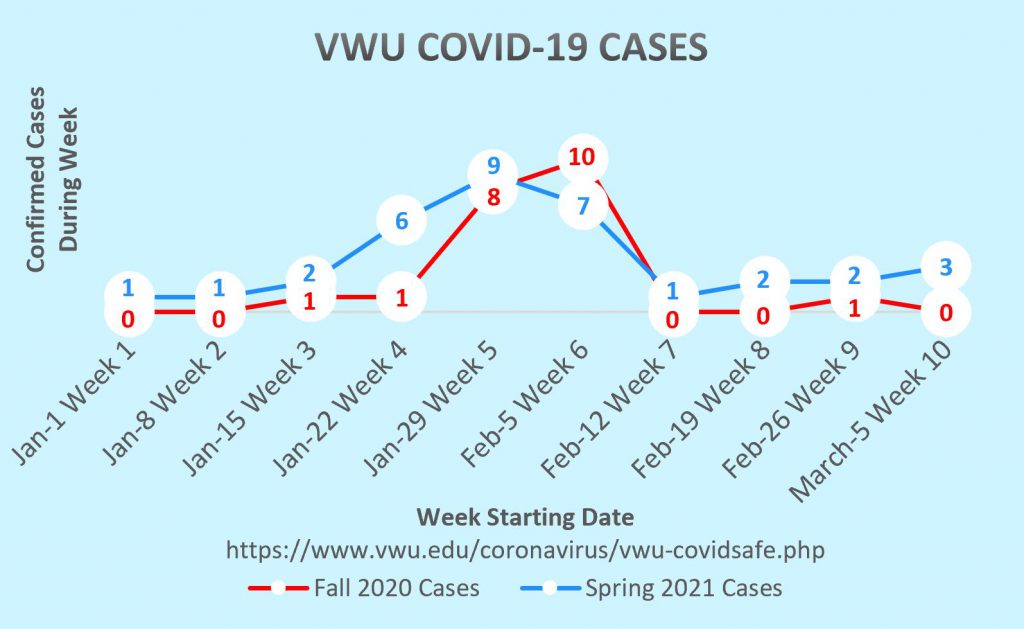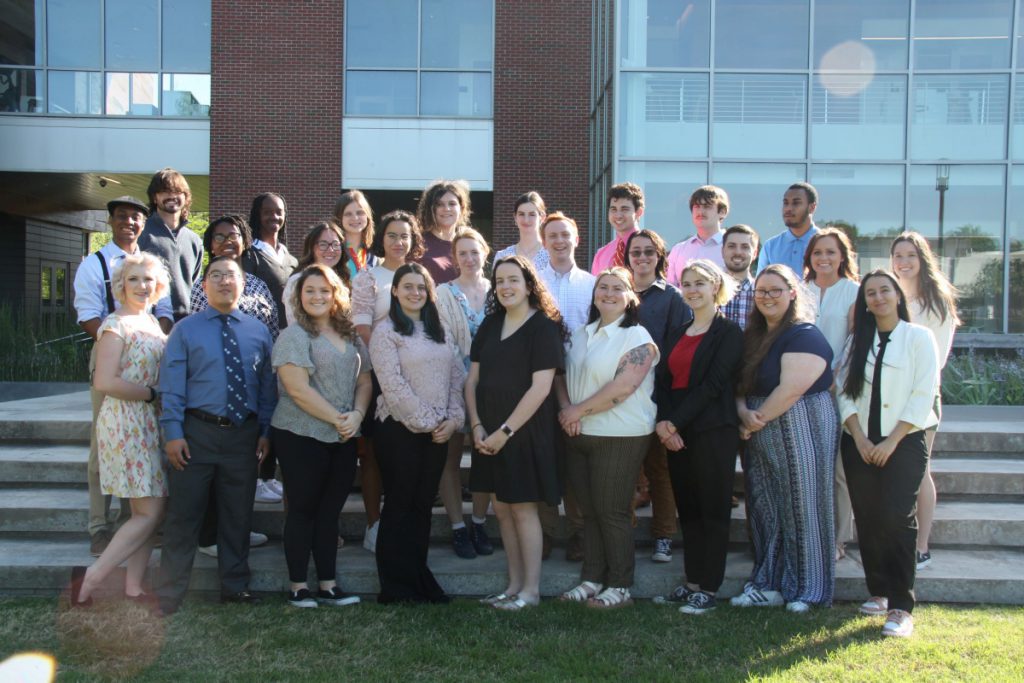At the most recent annual State of the University Address on Aug. 20, 2021, President Miller announced that Virginia Wesleyan’s endowment grew to $123 million during the 2021-22 academic year. Miller said that “fundraising from public and private sources has been the best in University history,” even with the economic strains that the COVID-19 pandemic has caused.
Of this endowment, $80.2 million is specifically earmarked for the Batten Honors College, which has continuously expanded since its inception in 2017. All money allocated for the honors college is to be invested in an environmentally friendly manner that focuses on sustainability.
The allocation of the endowment is overseen by the Brown Advisory of Baltimore, Maryland, according to Kimberly Hammer, who serves as the vice president for Advancement and the special assistant to the president.
As the Outsourced Chief Investment Officer (oCIO), it “is the job of the of [Brown Advisory] to present a sound allocation of endowment funds based on certain criteria predetermined by the institution,” Hammer said. For VWU, this includes investing in an environmentally friendly manner.
Over the past six years, VWU has received $167 million in private donations and $10 million in state and federal designated award dollars. Since 2015, the endowment has grown from $55 million to the current endowment of $123 million.
Hammer said that the private donations assist many areas. Donors can “establish endowed scholarships for students with financial need and pursuing degrees in certain majors. Others endow professor positions. Some provide endowments for awards and operations.”
Although VWU is a private institution, there is still an opportunity for federal and state assistance from government programs. If the university agrees to “uphold and adhere to certain federal and state laws for higher education institutions like Title IX, non-discriminatory practices, etc.,” then they are able to receive funds in reaction to the pandemic or grants from specific agencies, Hammer said.
During the speech, President Miller announced that the 2021-22 academic year was the fourth year in a row that saw a freeze in tuition prices. Other costs for students went up, such as the price for a parking decal as well as room and board prices.
However, the endowment does not determine this decision. According to Hammer, the “ability to freeze tuition is determined by looking at projected revenue versus projected expenses to create a balanced budget,” meaning that the endowment is not as significant towards the decision as “market competitors, inflation, rising costs of doing business, and more.”
President Miller also discussed the improvements across campus, including DeFord Manor, the David L. Kaufman Center for Enrollment, the Clarke Hall upgrades, the renovation of the Susan T. Beverly Fine Arts Building, the construction undergone by the Barclay Sheaks Gallery and the upgrades to the Betty S. Rogers Track and Field.
The endowment has not contributed to the cost of construction, which have been funded by private donations and grants, known as capital funds, Hammar stated. “Even given our recent endowment growth, future construction projects will not be funded through endowment,” Hammer said.
As the endowment increases, the university is more able to provide scholarships to students. The endowment also aided with the expansion of the Work & Learn Program that employs students, courses offered outside of the normal semesters, a fifth-year tuition guarantee and a concurrent enrollment program and Fair Transfer Agreement with all community colleges in Virginia.
Just like with a retirement fund, Hammer said that the University does their best to budget the endowment so that it lasts the rest of the University’s life. But unlike an individual, “VWU will never ‘retire’ so we must always be planning for the future,” Hammer said.
By Rhian Tramontana
rjtramontana@vwu.edu



